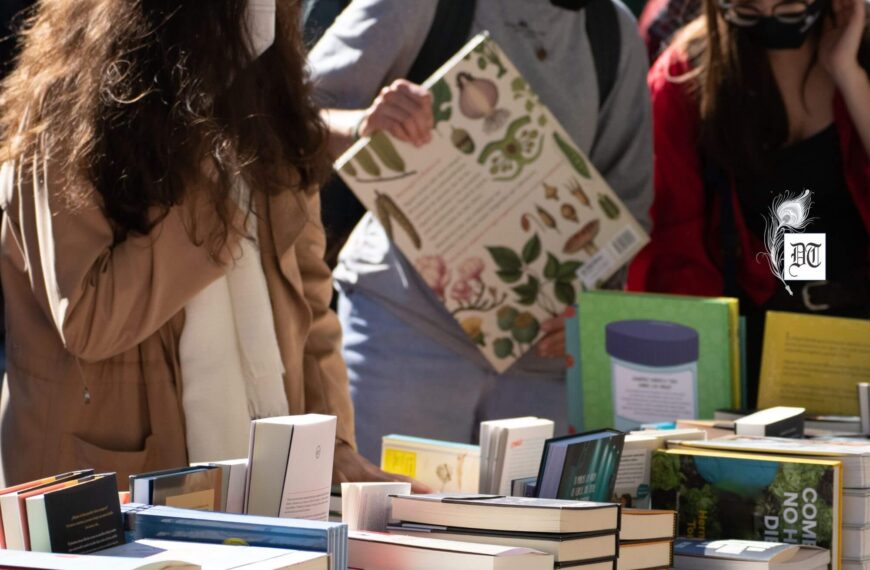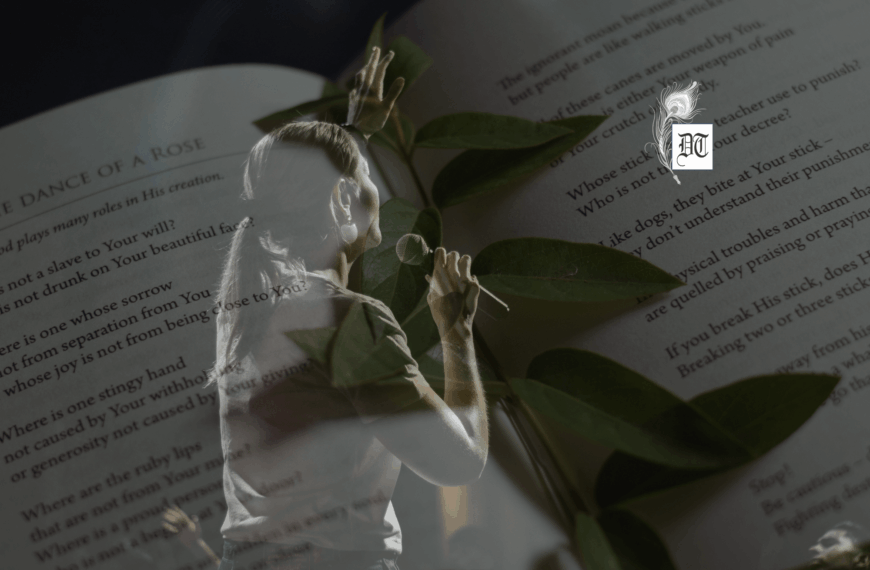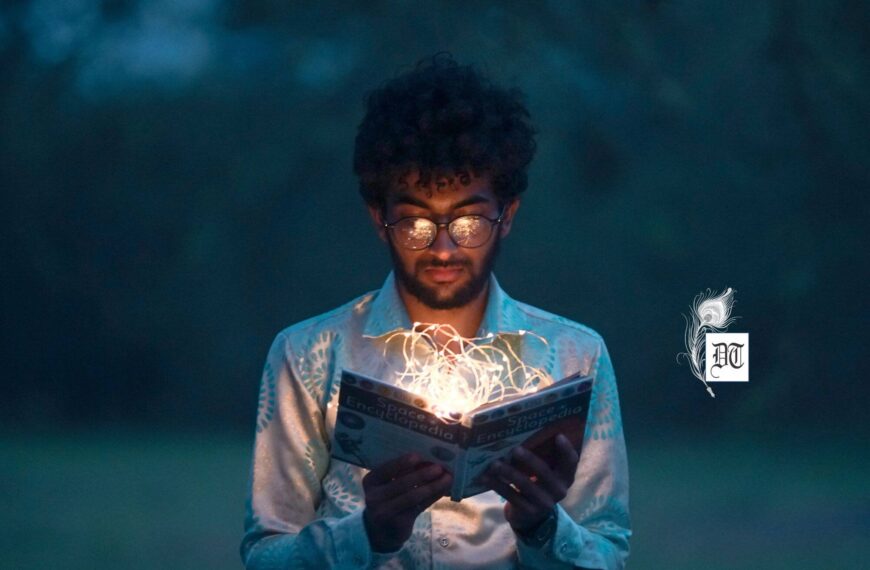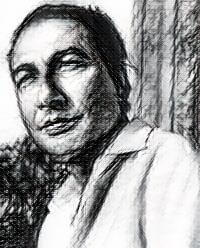Sehar profiles the life and times of a prominent Urdu thriller writer, Prof. Syed Mujawir Husain Rizvi, an eminent academician, who has penned more than 250 novels under the pen name of Ibn-e-Saeed in both Urdu and Hindi. Here’s a profile, exclusively in Different Truths.
After taking a long break from tracing the literary history of the city, I was compelled to write about it again looking at the response and love I received. With the help of many, I wish to turn another page of history and cultural excellence of the city.
Allahabad has not only churned out prime ministers, IAS officers but as a city of cultural confluence, it has been the home of many eminent writers and poets of Urdu literature.
In this article, we would be talking about Prof. Syed Mujawir Husain Rizvi, an eminent academician, who has penned more than 250 novels under the pen name of Ibn-e-Saeed in both Urdu and Hindi. After reading about his beautiful contributions to the field of Urdu online and coming to know about him as a man of wisdom and intellect through his daughter in law and family friend, Zeba Haider, it left me with no choice but to make a humble attempt in penning down his life.
 Born in the year 1931, Prof Rizvi has not only been a popular name in Allahabad but also in other parts of the country. Prof. Syed Mujawir Husain Rizvi has had a long and illustrious career as Urdu literature professor and has served in two renewed universities of the country — the University of Allahabad and the Central University of Hyderabad. He was also amongst the founder faculty of the Department of Urdu, University of Hyderabad and served the university from 1979 to 1993. Later, he was honoured with the title of ‘Father of Social Fiction of Urdu’, looking at his command over classical prose and poetry. He excelled in the field of detective and scientific writing and has successfully written 1067 romantic, detective fiction, fantasy, science fiction and historical novels (every novel having 112 pages) under the pen name of “Ibn-e-Saeed”.
Born in the year 1931, Prof Rizvi has not only been a popular name in Allahabad but also in other parts of the country. Prof. Syed Mujawir Husain Rizvi has had a long and illustrious career as Urdu literature professor and has served in two renewed universities of the country — the University of Allahabad and the Central University of Hyderabad. He was also amongst the founder faculty of the Department of Urdu, University of Hyderabad and served the university from 1979 to 1993. Later, he was honoured with the title of ‘Father of Social Fiction of Urdu’, looking at his command over classical prose and poetry. He excelled in the field of detective and scientific writing and has successfully written 1067 romantic, detective fiction, fantasy, science fiction and historical novels (every novel having 112 pages) under the pen name of “Ibn-e-Saeed”.
A close friend of Ibn Safvi, he delivered a lecture at a National seminar (Maulana Azad National Urdu University) organised on the Urdu thriller writer to precious insights into the life of the writer, in the year 2013.
Sangam Foundation, a literary organisation of Lucknow honoured a number of national and foreign litterateurs with its ‘Awadh Ratna Award’ at a function held on 2 March 2015. Prof. Rizvi was also one of them.
During his recent lecture at Dammam, Saudi Arabia, organized by HADAF (Human Abilities Development & Advancement Foundation) on 15th March, 2016, he emphasised the importance of Urdu language for national integration and threw light on how the language will continue to win hearts even after years of its existence in the Indian subcontinent.
“If there could be any language which could work as the language of communication across the diverse provinces in India, it is definitely Urdu”. In his discourse, he also spoke on how the language belongs to the land of diversities – India and not any specific community or region.
Well at the end, all I wish to say is that while penning down the life history of such eminent personalities of the city, I only feel blessed to be part of such a wonderful city. Allahabad, I can say, after reading and researching about Urdu writer, poets, and shayars, is not only a city of Prime Ministers or bungalows, it is also a city of adaband tehzeeb (literature and culture).
©Sehar Siddiqui
Photos from the internet.
#UrduPoets #UrduLiterature #VernacularLiterature #IndianLiterature #PoetsAndWriters #DifferentTruths




 By
By
 By
By
